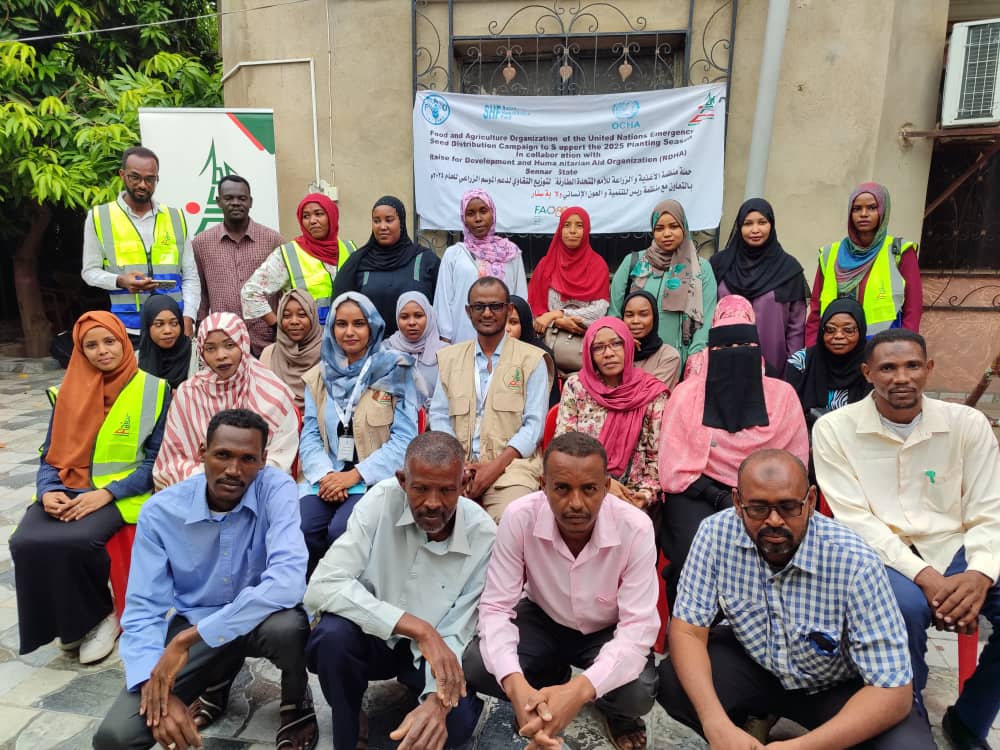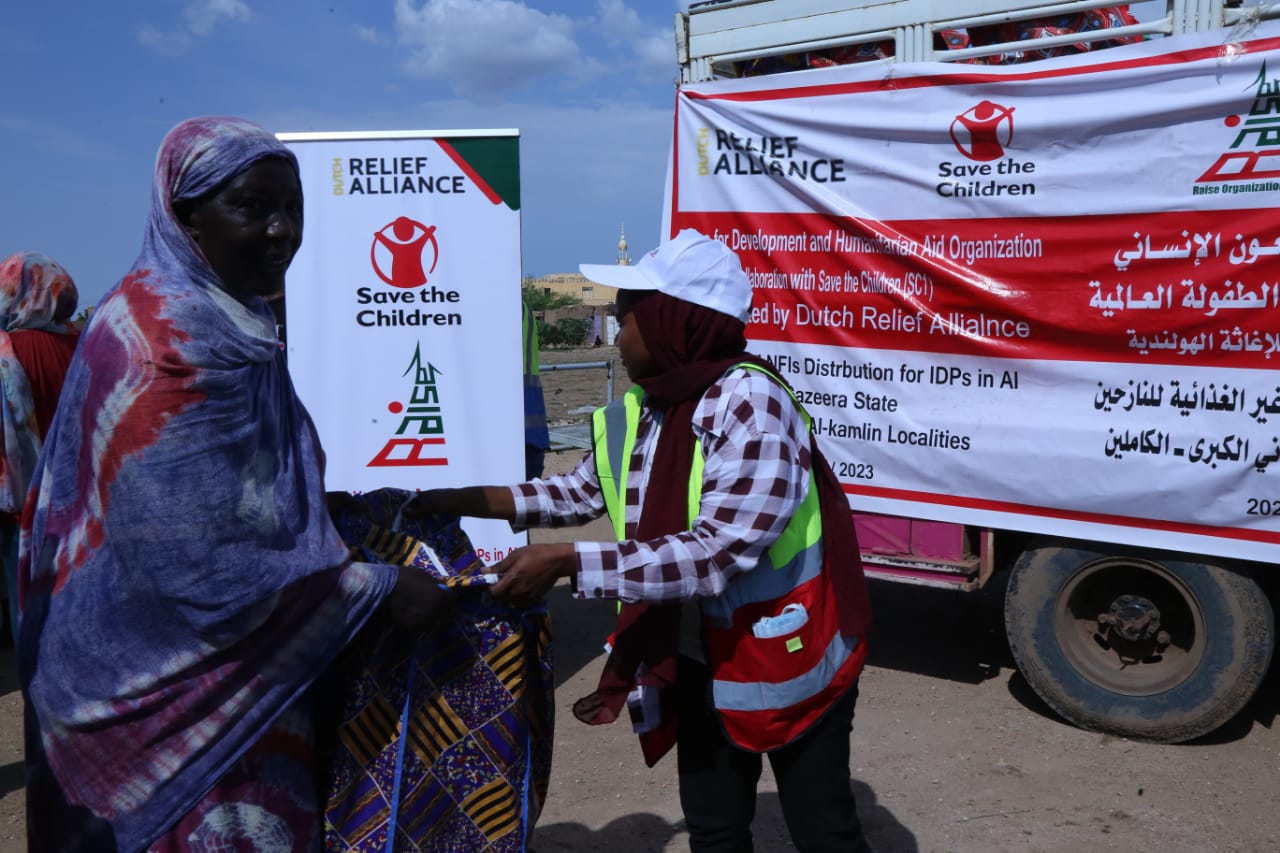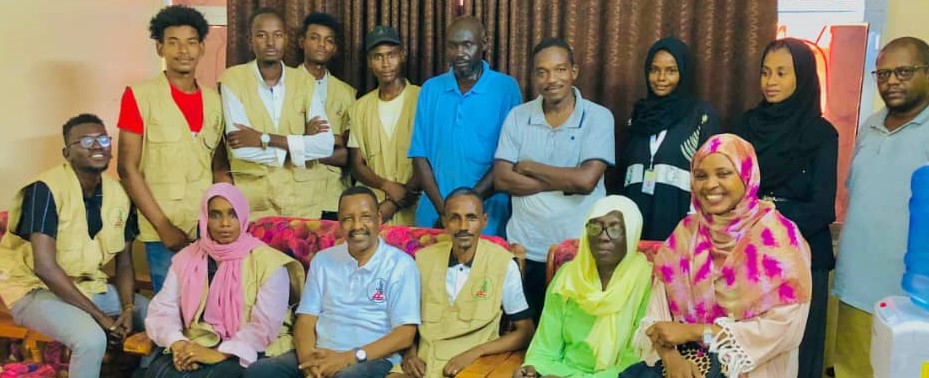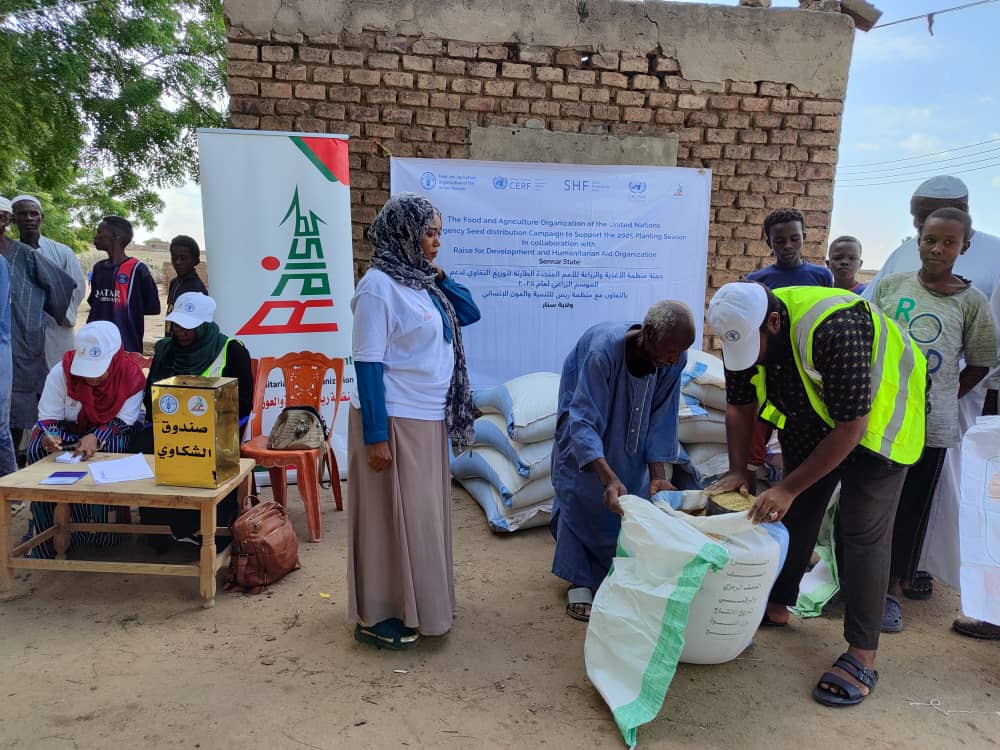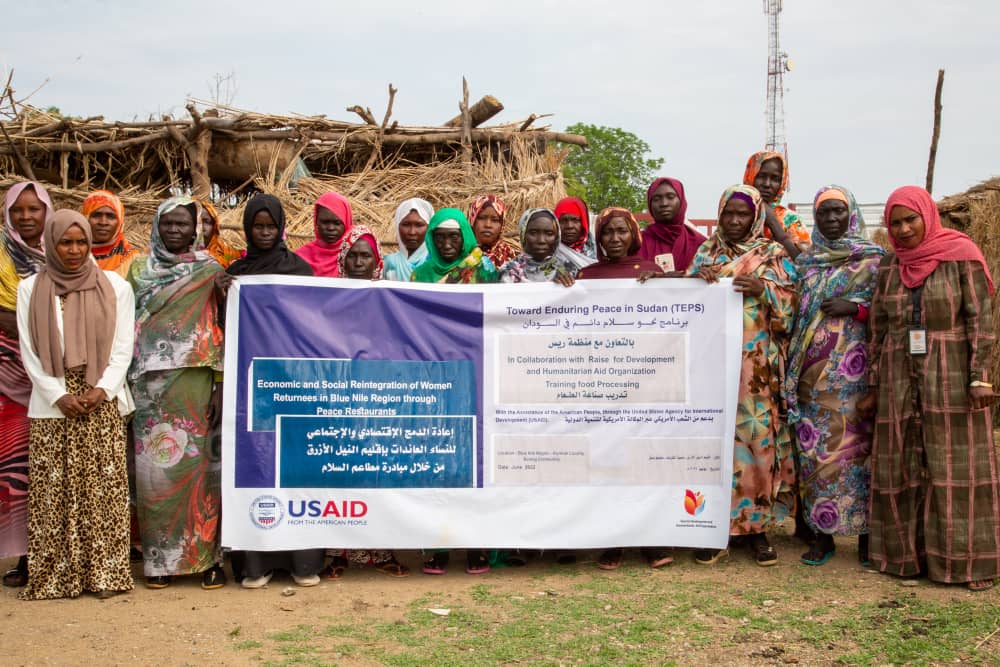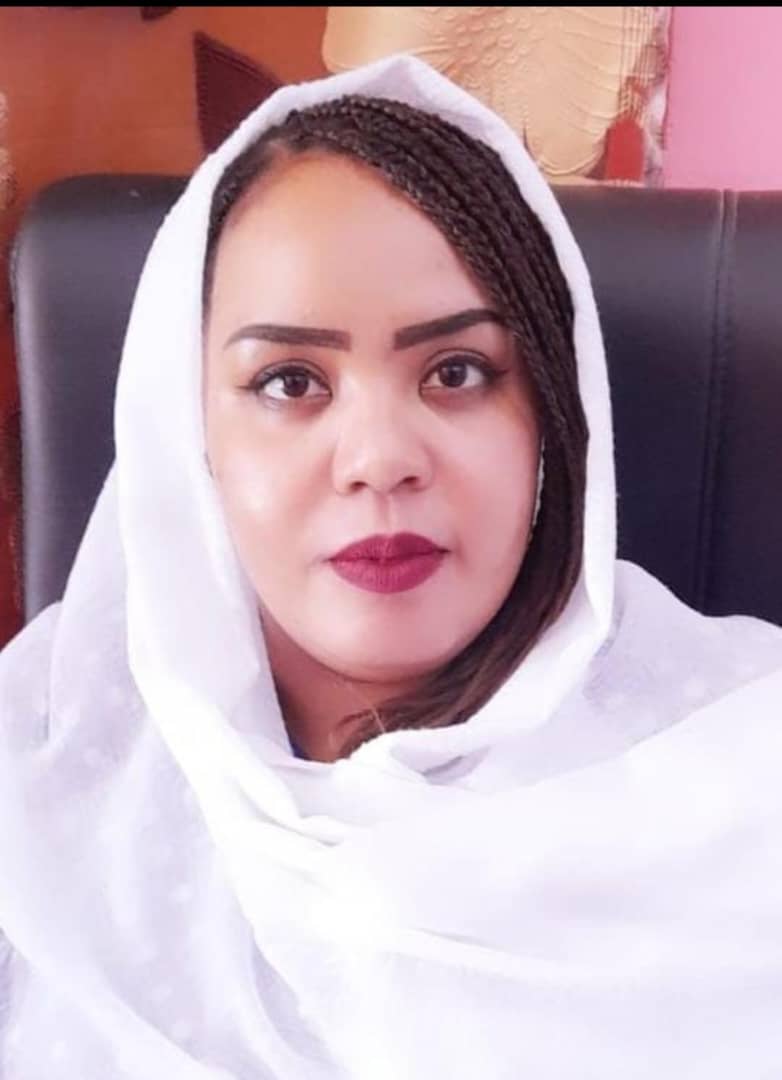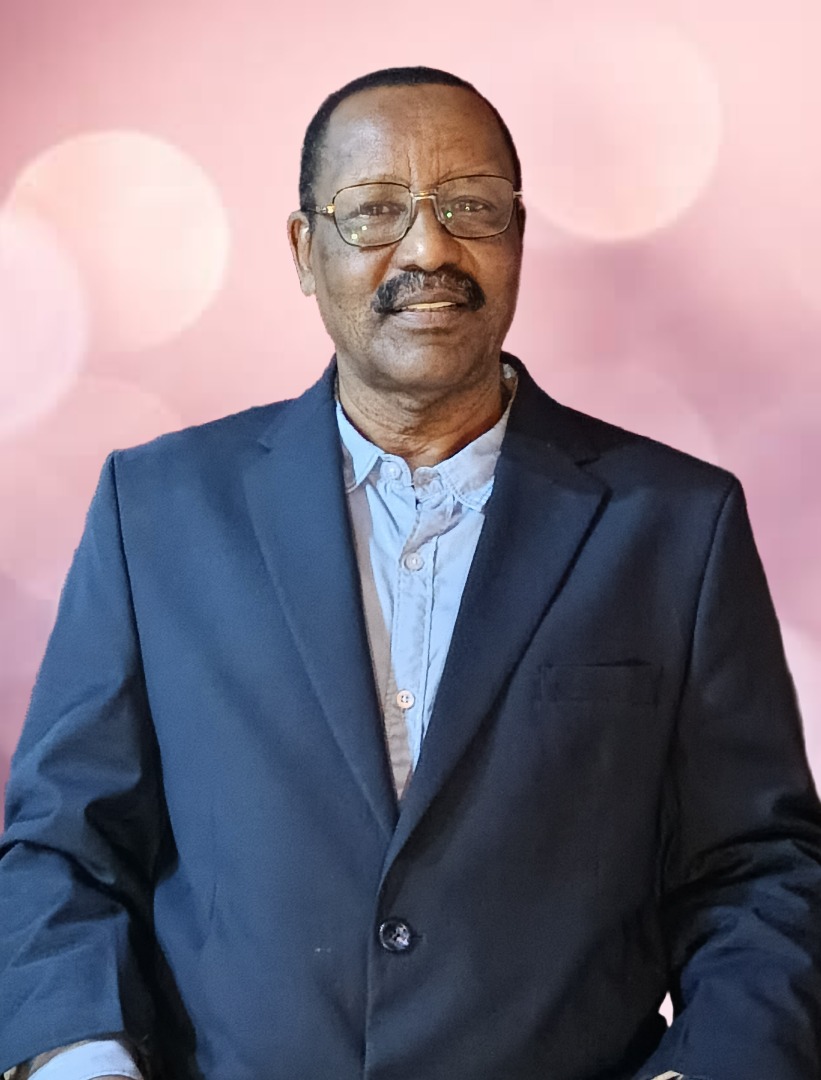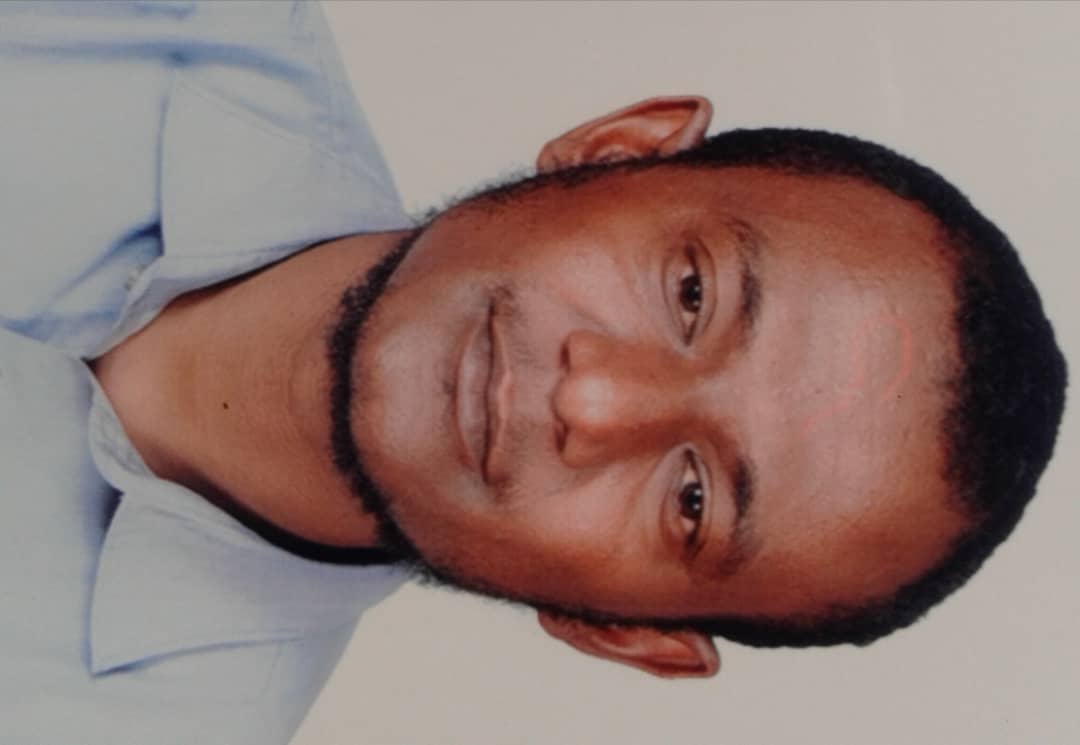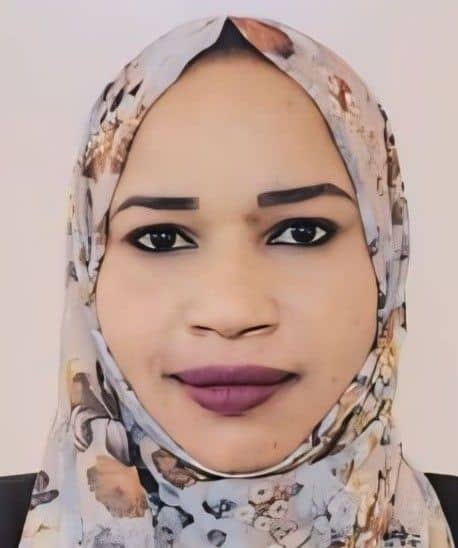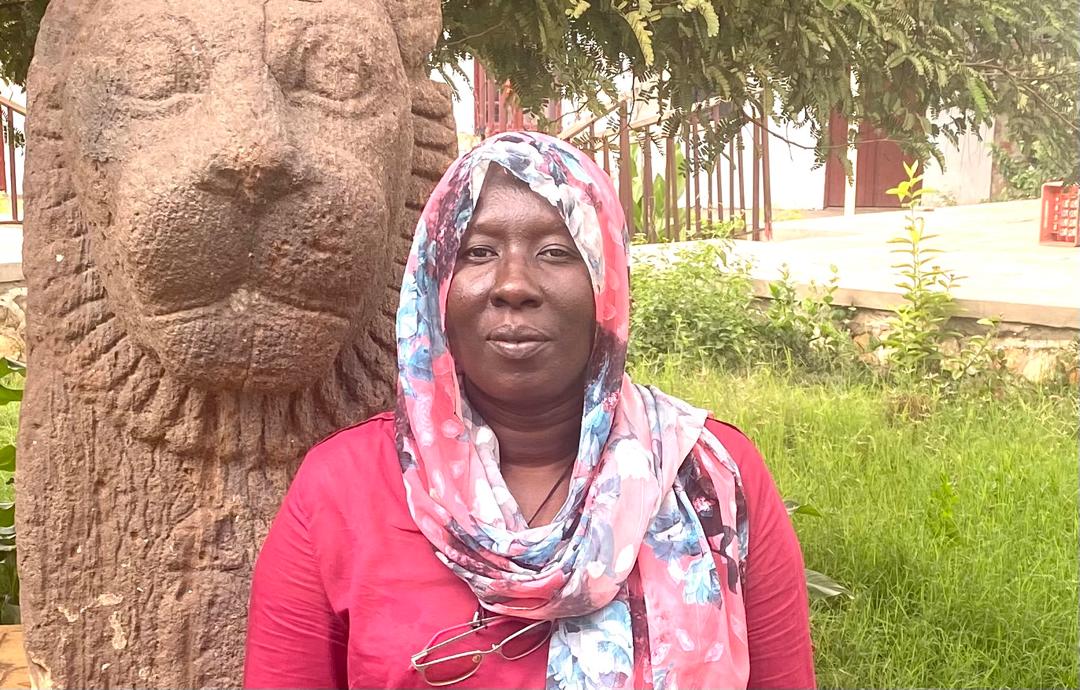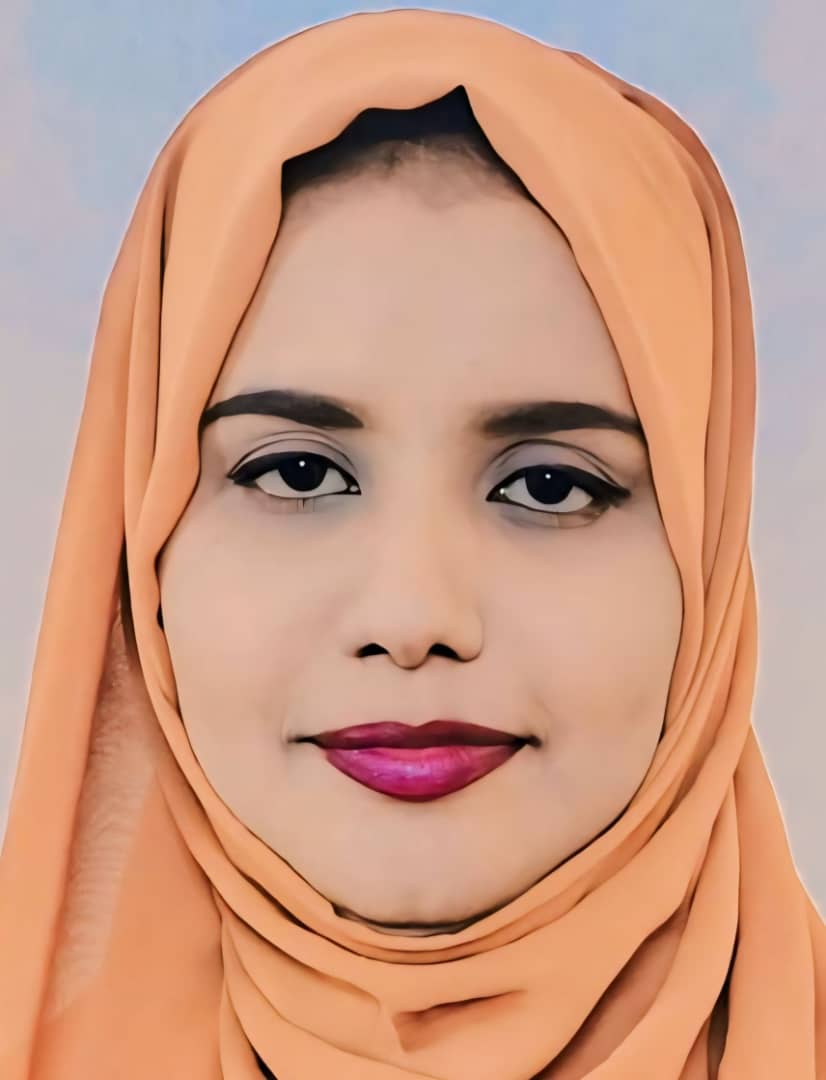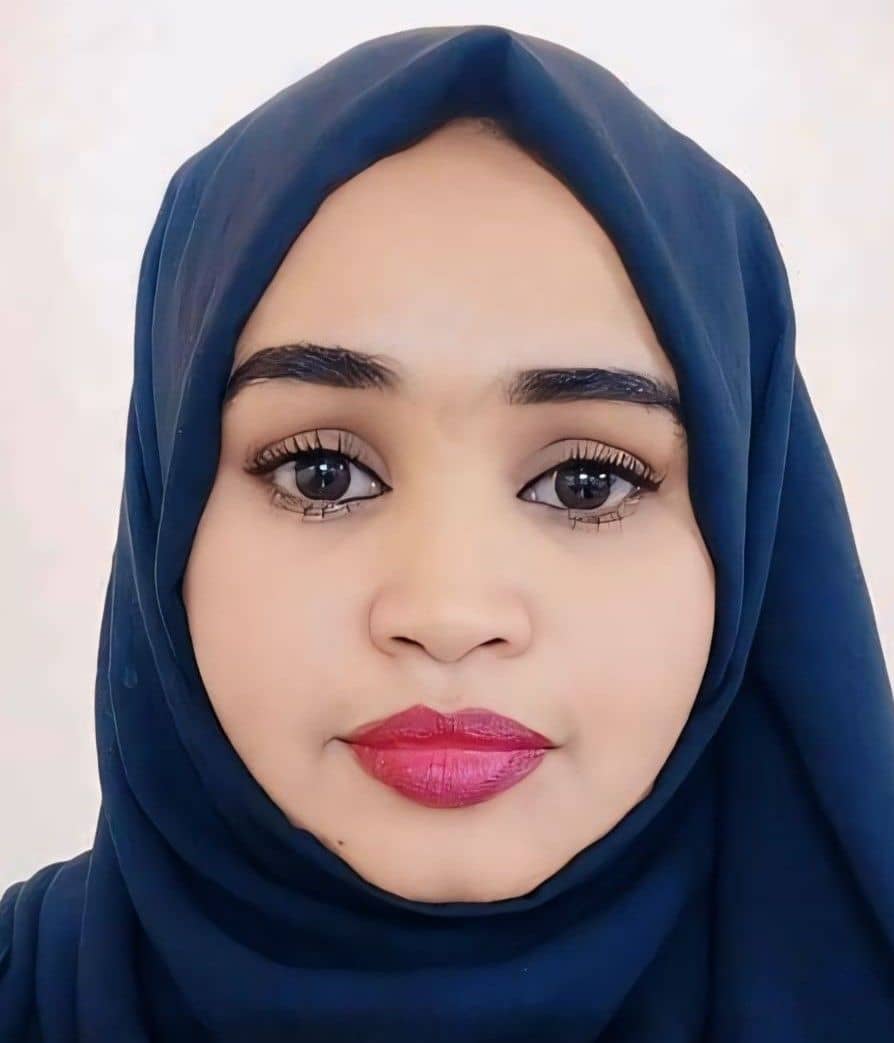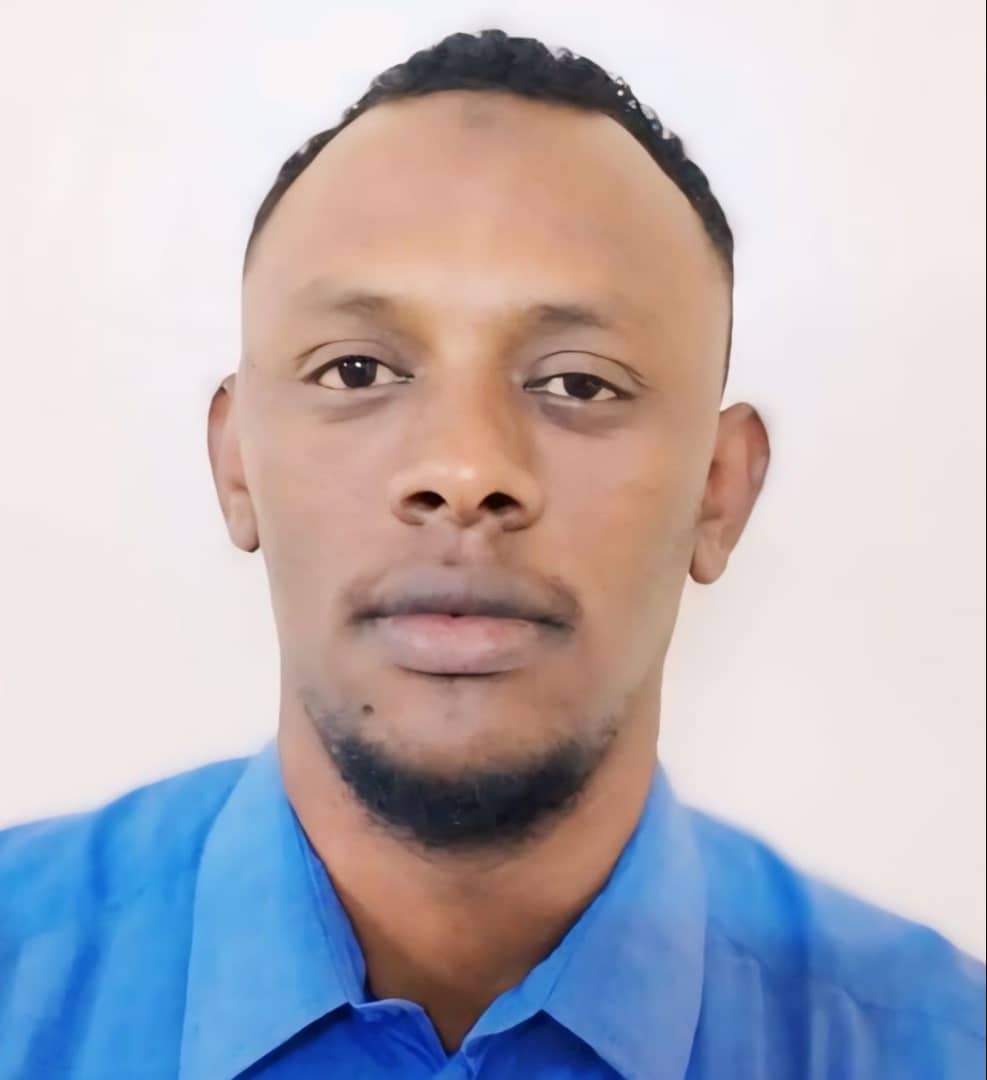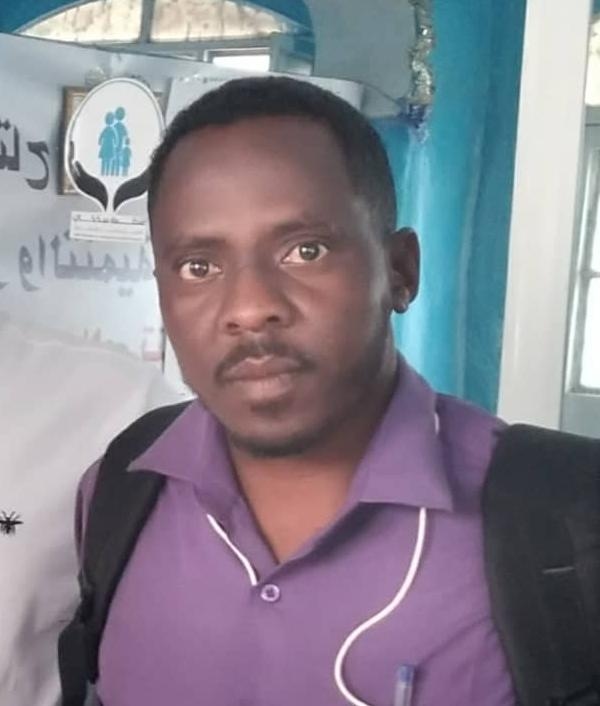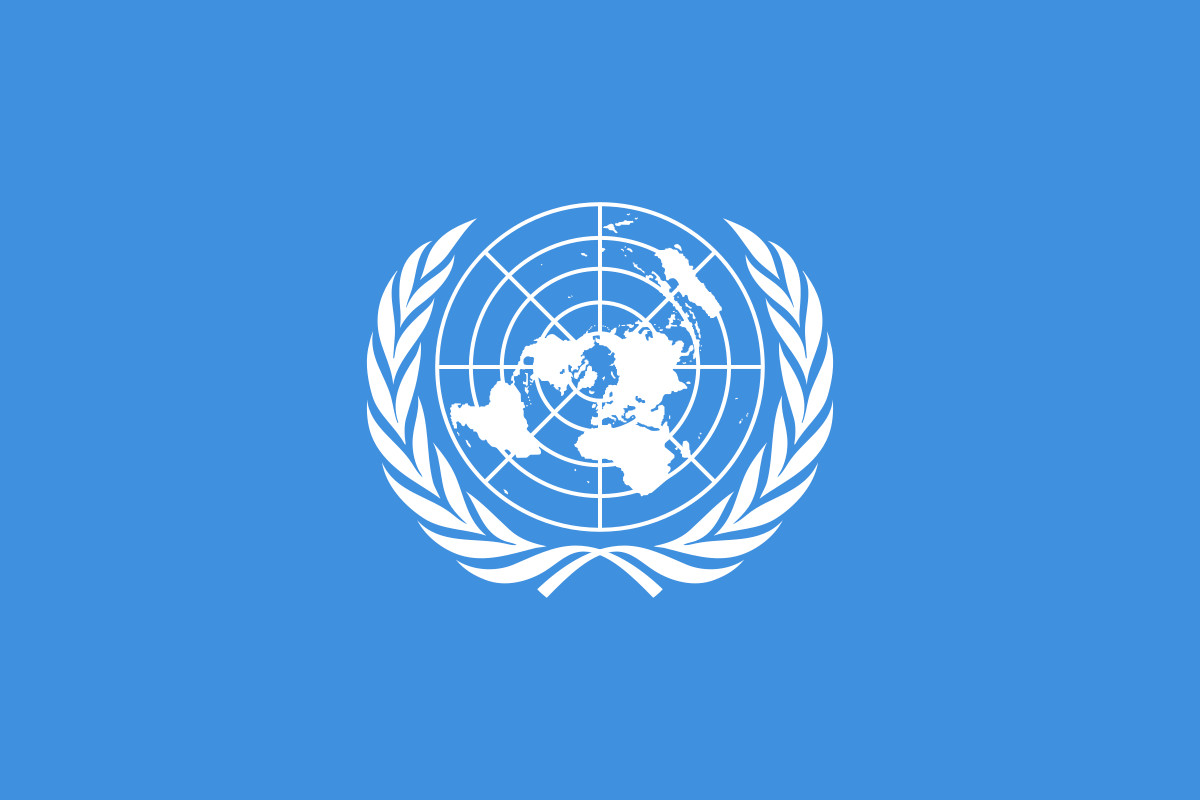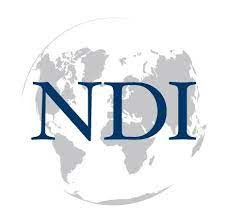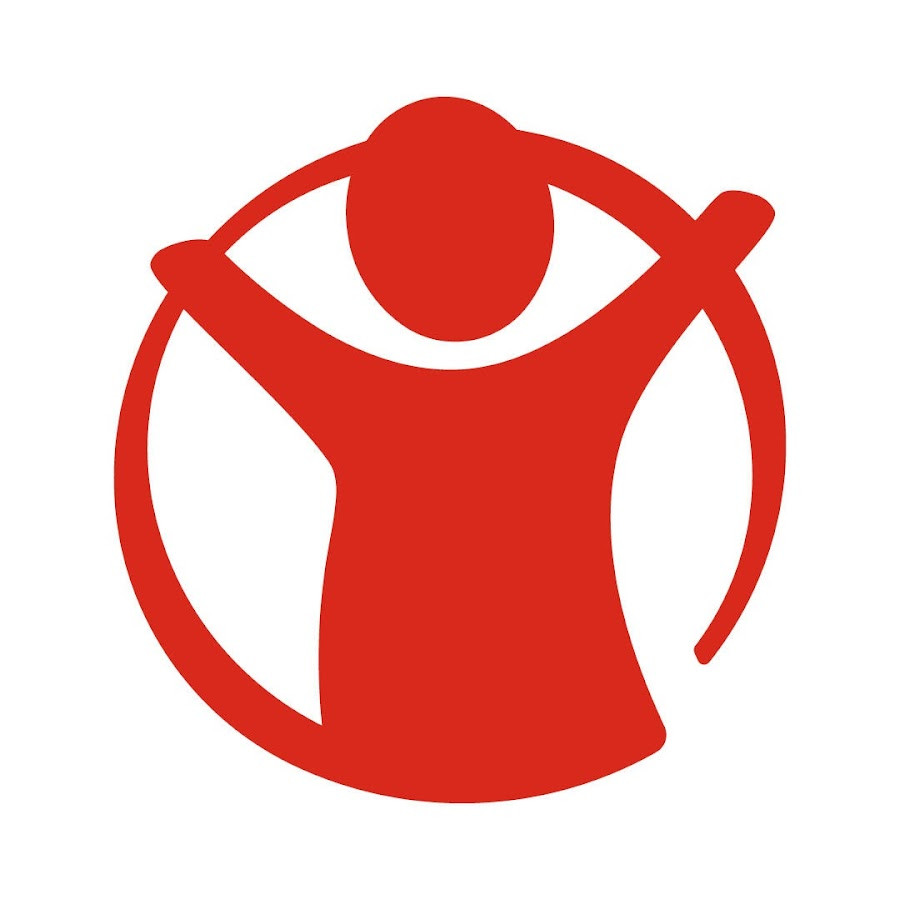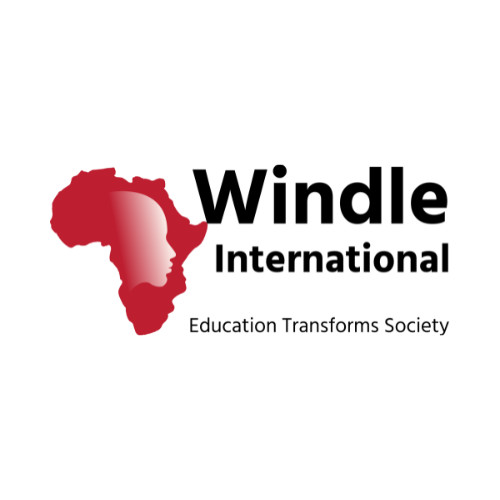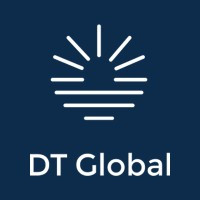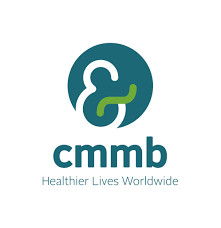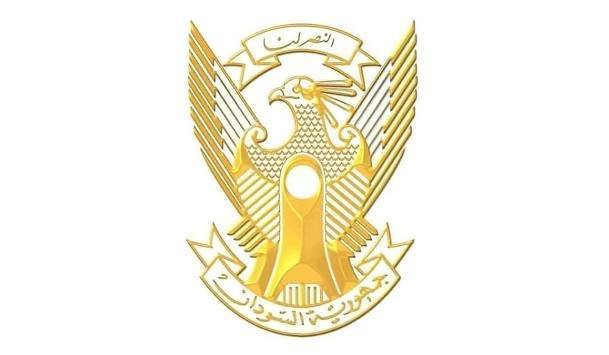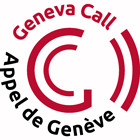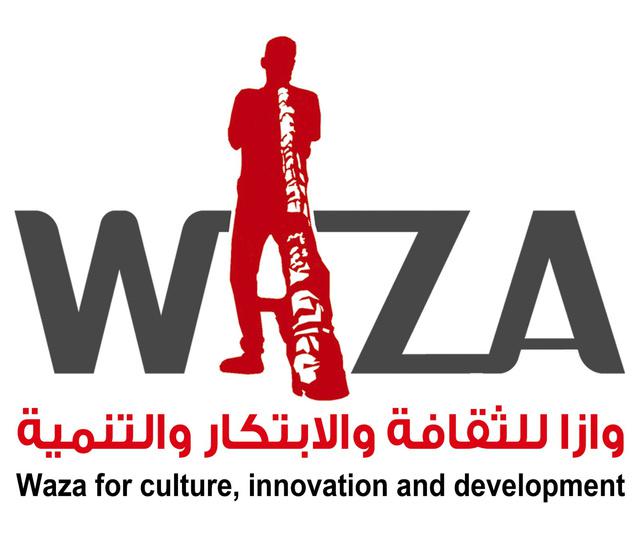
Who We Are
non-governmental, non-profit organization founded in September 2019. Initially registered by the
Humanitarian Aid Commission (HAC) in Blue Nile State under registration number T. No: 675, RDHA has
successfully obtained federal registration (C.NO: 17/2024), enhancing its legitimacy and opening new
avenues for funding and collaboration.
With this federal recognition, RDHA is poised to amplify its impact, reaching a broader audience and
enhancing its initiatives across multiple states, including Sennar, White Nile, Gezira, Gadaref, Khartoum,
River Nile and Red Sea. The women-led leadership team is committed to leveraging this new status by
engaging stakeholders, pursuing grants, and forging partnerships that align with their mission. As RDHA
embarks on this next chapter, its dedication to serving the community remains at the forefront, ensuring
meaningful contributions to society.
RDHA is recognized for its extensive range of activities and initiatives aimed at creating a positive societal
impact. Driven by a profound commitment to uplift communities and empower individuals, RDHA strives to
foster a more equitable and prosperous world.
At RDHA, our core mission revolves around catalyzing social change by addressing pressing issues faced by
society. Through diverse programs and projects, we tackle challenges related to coexistence, education,
healthcare, poverty alleviation, environmental sustainability, and more. We firmly believe that by addressing
these critical areas, we can help build a better future for all.
As a women-led organization, RDHA places a strong emphasis on collaborative approaches. We actively
seek partnerships and alliances with like-minded individuals, organizations, and institutions that share our
vision and values. By working together, we can leverage collective expertise and resources to maximize the
impact of our initiatives and drive meaningful change on a larger scale.
Transparency and accountability are fundamental principles underpinning all our endeavors. We ensure
that every aspect of our operations is conducted with the utmost integrity and ethical standards. Through
rigorous monitoring, evaluation, and reporting mechanisms, we continuously strive to maximize the
efficiency and effectiveness of our programs, ensuring they deliver sustainable, long-term solutions.
At RDHA, we believe in the transformative power of peace as a catalyst for change. We invest significantly
in initiatives that promote harmonious coexistence, striving to provide equitable access to quality resources
for underprivileged communities. By doing so, we empower individuals with the knowledge and skills
necessary to unlock their full potential, enabling them to lead fulfilling and prosperous lives.
As an organization deeply committed to sustainability, we actively promote conservation and advocate for
responsible practices. We believe that by protecting our communities and their resources, we can create a
sustainable future for generations to come. Through awareness campaigns, community engagement, and
innovative solutions, we strive to foster a sense of environmental consciousness and inspire collective
action.
Read More
WE ARE
Raise’s Mission
To alleviate suffering and empower marginalized
communities across Sudan by delivering
integrated, community-driven humanitarian aid
and fostering sustainable development through
women-led initiatives and advocacy for human
rights.
Read More
Raise’s Values
● Humanity: Upholding the dignity and rights of all individuals, prioritizing the well-being of the most vulnerable.
● Accountability: Ensuring transparency and responsibility in all actions, from resource management to impact on beneficiaries.
● Empowerment: Fostering self-reliance and amplifying the voices of communities, especially women, in shaping their own future.
● Collaboration: Believing in the power of partnerships and collective action to achieve greater impact and sustainable change.
● Integrity: Operating with honesty, ethical conduct, and respect for all cultures and individuals.
● Resilience: Supporting communities to withstand crises, adapt, and build stronger futures.
Read More

